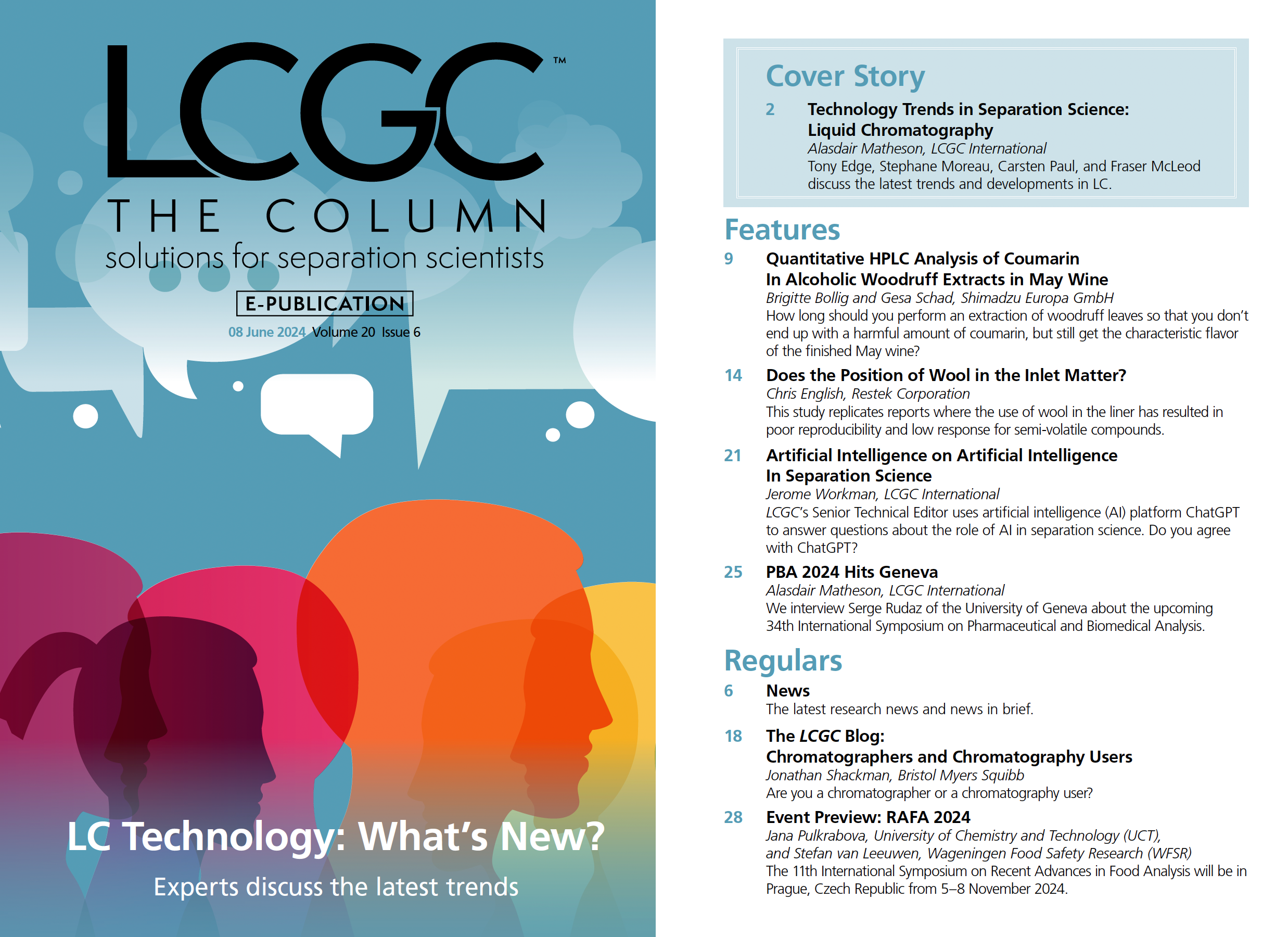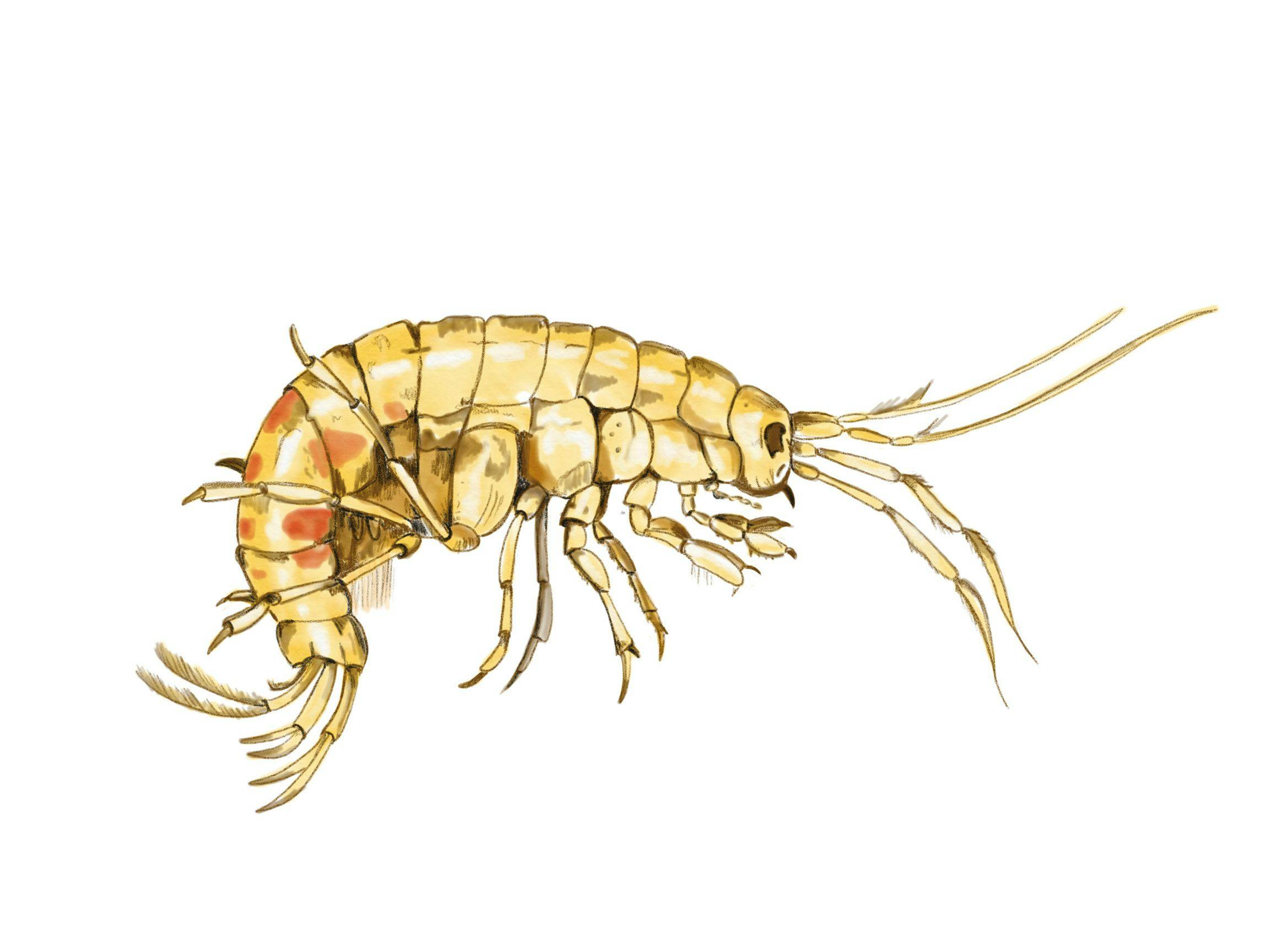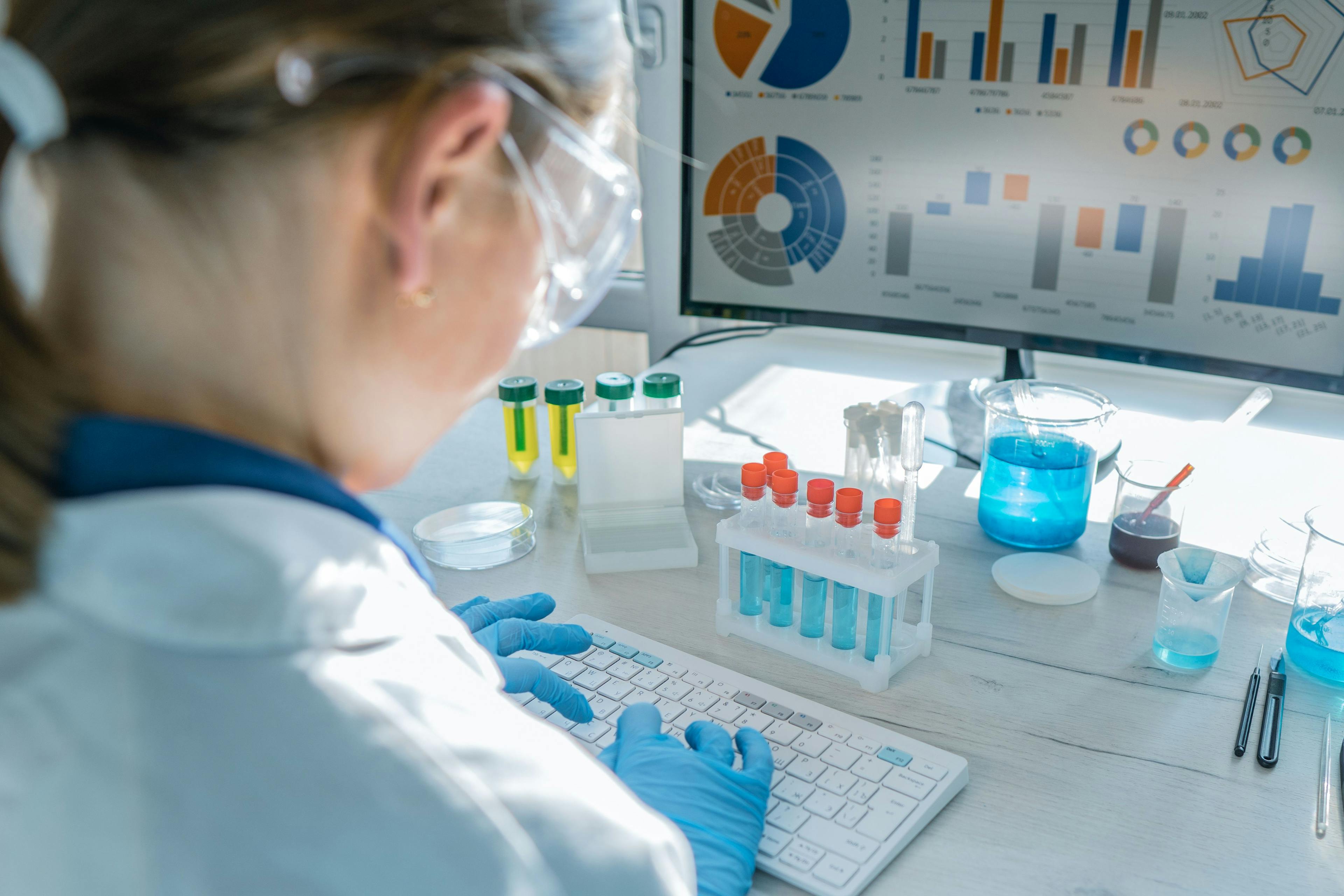PBA 2024 Hits Geneva
The 34th International Symposium on Pharmaceutical and Biomedical Analysis (PBA), is being held from 9–12 September 2024 in Geneva, Switzerland. Here, we interview Serge Rudaz of the University of Geneva.
When did PBA begin and what is the aim of the conference?
The PBA series started in Spain in 1987 and, since then, has been organized every year in different countries in Europe, North America and Asia. One of the main objectives of the symposium is to provide a forum for high-level scientific exchange between more than 250 analytical scientists from around the world in a friendly atmosphere. PBA is one of the most important events for pharmaceutical and biomedical analysis, including new analytical technologies and methods for active chemical compounds, (bio)pharmaceuticals, biomarkers, and “omics.”
Who should attend this event?
All analytical scientists, from academia or industry, senior or junior, interested in the emphasis on new analytical technologies for pharmaceutical and biomedical applications. The multidisciplinary nature of the symposium fosters collaboration among researchers from various fields. Innovations in analytical technologies may find applications in industries, contributing to technological transfer and cross-disciplinary advancements.
What are you most excited about for the PBA 2024 conference? What do you want to achieve?
In addition to the excellent scientific programme we have developed, I am particularly pleased with the short courses offered. They will be opportunities to meet scientific leaders. Some workshops will question the importance of new computer tools that can aid both teaching and research in science. I truly believe in the maturity of mathematical models, which can be exploited in the field of analytical sciences whether in education, method development or robustness. This is an essential trend supported by the authorities with the new ICH (International Council for Harmonisation) Q14 and Q2(R2) guidelines coming into force this summer. This clearly demonstrates the necessity in analytical sciences to have new computer tools available. I also believe that our discipline is evolving rapidly, with application domains becoming increasingly important motivators. In Geneva and in connection with pharmaceutical sciences, we have already identified the emergence of innovative techniques for the characterization of new therapeutic agents (recombinant proteins, oligonucleotides, mRNA, etc.) as essential. Let us also consider that other methodologies, such as omics or multiomics, will continue to strengthen in the years to come. All these new questions contribute to new tools that are deployed across all sectors of activity in analytical sciences, and all of them will be represented at PBA 2024.
Can you tell us more about the plenary speakers?
I am very pleased that these prestigious scientists, each highly recognized in their respective fields, have agreed to join us in Geneva. We have achieved a balance between established researchers and rising stars, and I am particularly happy that my female colleagues are being highlighted, not only in regular sessions, but also in the keynote speakers. For me, it is essential to demonstrate to the new generation the diversity of subjects, genders, and approaches. We are also happy to have invited Prof. Hugo Duminil-Copin, a Fields Medalist in Mathematics, the equivalent of a Nobel Prize in the discipline. He approaches several questions in the field of separative sciences, such as percolation, from a more fundamental perspective. This opening lecture also aims to show how different scientific disciplines can mutually enrich each other.
What aspects of the conference will be of value to young scientists?
It is very clear to us that young scientists are a particularly important audience. Thanks to the support of several national scientific societies, including those from Switzerland, France, and Spain, we are offering several travel grants. We have asked Prof. Isabelle Kohler to develop a specific program for them, including a Job Fair session and way to expand their networks. Several awards to highlight their excellence will be proposed, which is essential for career development.
How important are poster presentations at PBA 2024? Are you doing anything new to increase visibility of posters?
Poster sessions are essential for enabling direct contact between young researchers or established researchers and the entire community. Sufficient time slots have been reserved to facilitate these exchanges. We have also developed a Poster Pitch session to allow poster authors to attract and engage the community interested by their posters.
Are there any deadlines on the horizon that delegates, speakers, sponsors, and exhibitors should be aware of?
Many sponsoring exhibitors have already placed their trust in us for this edition of PBA 2024, and we remain open to any new participation. The submission of oral presentations is closed, but poster submission remains open until mid-July. As previously mentioned, posters represent a highly interesting mode of communication because they promote direct interaction between the researcher and the other scientists. The full program will be published at the beginning of July and should encourage everyone to join us in Geneva for PBA 2024, allowing them to take advantage of the reduced fee.
Anything else you would like to add?
The success of a conference also relies on social interactions. Geneva is a beautiful city, and we have taken care to think about convivial interaction spaces. We are committed to warmly welcoming our guests and are particularly pleased to offer not only an optimal scientific program, but also highly attractive social events.
Serge Rudaz is Professor at the University of Geneva where he leads the biomedical and metabolomics analysis (BMA) group. He is vice president of the School of Pharmaceutical Sciences, former President of the Swiss Metabolomics Society (SMS), vice president of the Competence Center in Chemical and Toxicological Analysis (ccCTA) and member of the management board of the Swiss Centre for Applied Human Toxicology (SCAHT) Foundation.
He is interested in UHPLC and CE coupled to MS, advances in sample preparation, analysis of pharmaceuticals and falsified medicines, biological matrices, and clinical and preclinical studies, including metabolism and toxicological analysis. He is a (co)author of over 10 book chapters and more than 350 peer-reviewed papers, with an H-index (Google Scholar) of 76. He was chair or co-chair of several national or international congress, such as Chimiométrie 2015, SEP 2017, MSB 2020 and PBA 2024. Email: Serge.Rudaz@unige.ch

Troubleshooting Everywhere! An Assortment of Topics from Pittcon 2025
April 5th 2025In this installment of “LC Troubleshooting,” Dwight Stoll touches on highlights from Pittcon 2025 talks, as well as troubleshooting advice distilled from a lifetime of work in separation science by LCGC Award winner Christopher Pohl.






















